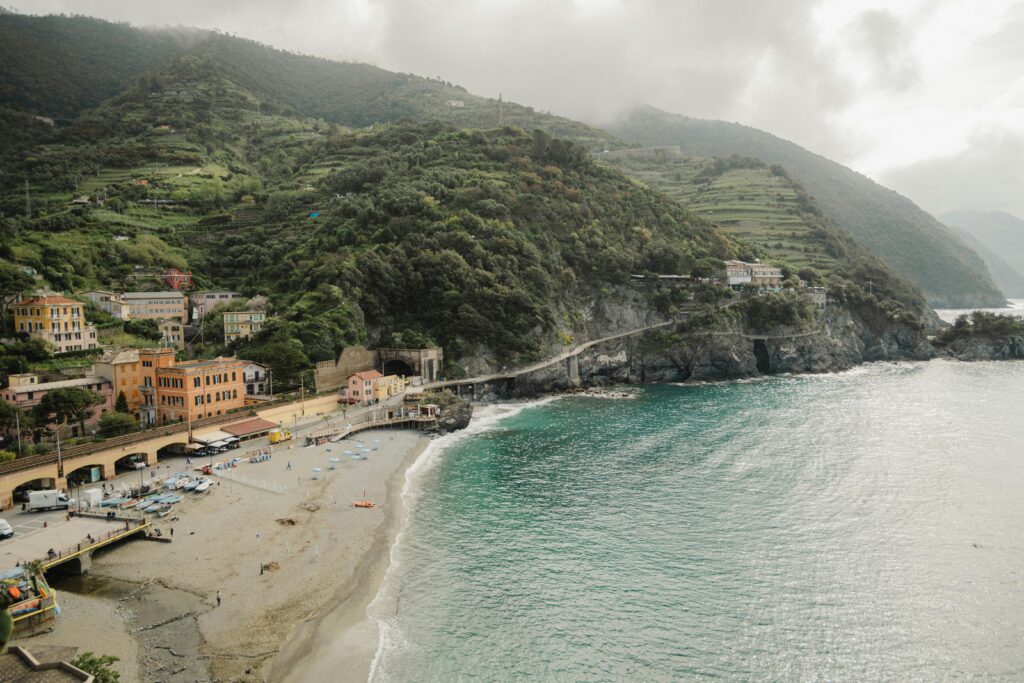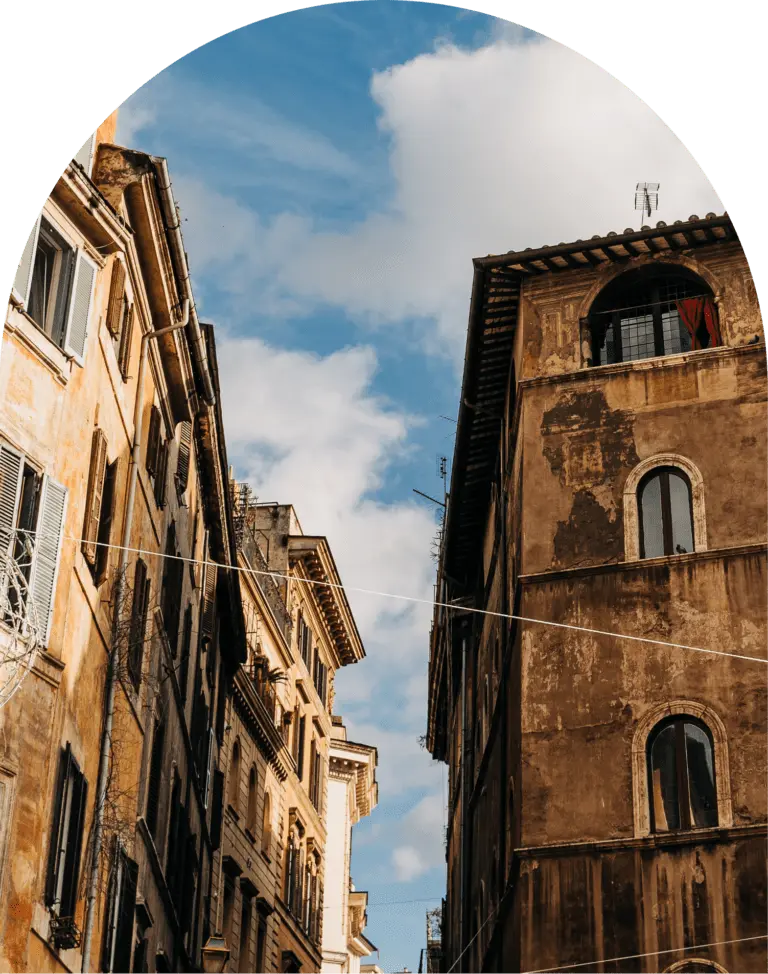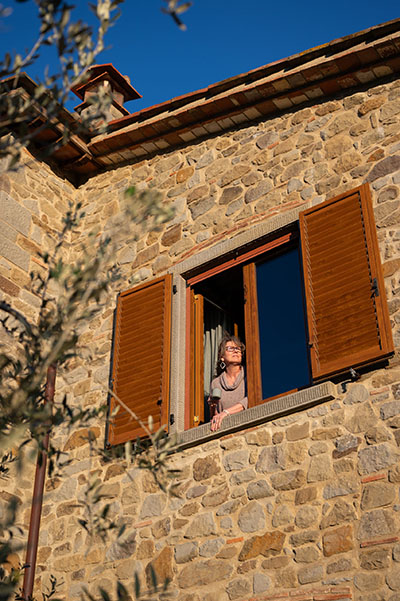For many, retirement is a chance to slow down and savor life. And where better to do so than Italy — a country where beauty, tradition, and quality of life come together effortlessly? With its appealing cost of living, temperate climate, and access to Europe’s rich cultural tapestry, Italy has become a top choice for retirees looking to turn their dreams into everyday life. If you’re wondering how to retire in Italy as an American, it starts with understanding the lifestyle, legal requirements, and real estate process involved in making the move.
What Makes Italy Ideal for Retirement
Italy offers an exceptional lifestyle at a comparatively affordable price. From groceries to healthcare, day-to-day expenses are generally lower than in the U.S. or Northern Europe, particularly outside of major metropolitan areas. If you’re dreaming of relocating abroad, understanding the cost of living in Italy is essential for planning your budget and lifestyle.
The country’s climate is another major draw. Whether you’re seeking mild winters and warm summers, mountain air or sea breezes, Italy offers a landscape to match your preferences. And as a member of the EU, Italy makes it easy to explore the rest of Europe via well-connected train lines and low-cost flights. It’s a perfect base for international retirees who want to make the most of their freedom.
Italy offers a universal healthcare system, known as the Servizio Sanitario Nazionale (SSN), which provides comprehensive medical care to residents and citizens. While public healthcare is generally high quality and low cost, many expats also choose to supplement it with private insurance for faster access and expanded options. Before moving abroad, it’s important to learn how healthcare in Italy works and what steps you need to take to access medical services as a resident.
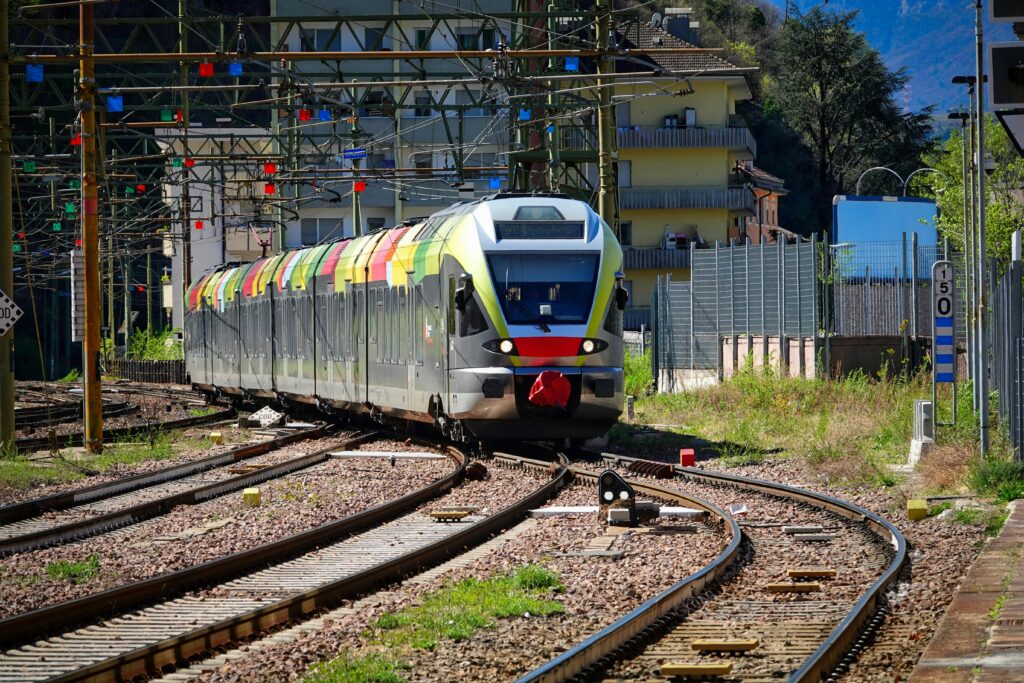
Choosing the Right Location
One of Italy’s greatest strengths is its geographic and cultural diversity. You truly can choose your retirement lifestyle here — whether it’s alpine hiking, lakeside strolls, rural tranquility, or seaside living.
In the North, regions like Trentino-Alto Adige, Lombardy, and Veneto offer stunning mountain and lake views, with well-organized infrastructure, modern amenities, and some of the country’s best healthcare facilities. These areas are also home to Italy’s strongest regional economies, which can mean higher prices, but also excellent public services and transportation options.
Central Italy, including Tuscany, Umbria, and Le Marche, offers a picture-perfect blend of rolling hills, vineyards, and medieval hill towns. The pace of life is slower here, and the cuisine is second to none. It’s a favorite among international buyers for good reason — combining visual beauty, cultural depth, and easy access to major cities like Florence and Rome.
Southern Italy offers something different — a warm, welcoming atmosphere, dramatic coastlines, and villages that feel untouched by time. Regions such as Puglia, Calabria, and Sicily provide a lower cost of living and access to stunning natural beauty. Perhaps most compelling for retirees, however, is Italy’s 7% flat tax scheme. Available to new residents who move to qualifying towns in the south (with fewer than 20,000 inhabitants), this policy allows retirees to pay just 7% tax on their foreign income for up to nine years — a major financial incentive that complements the lifestyle benefits of the region.

The Costs of Purchasing Property in Italy
Buying a home in Italy involves a number of upfront costs, which vary depending on whether the property will be your primary residence or a second home.
For a primary residence, you may qualify for Italy’s prima casa tax benefits, which reduce the imposta di registro tax to just 2% of the cadastral (not market) value when buying from a private seller. Additional costs include:
- Notary fees: generally 1–2% of the purchase price
- Real estate agent commissions: often 3–5%, but may vary due to various factors
- Miscellaneous fees: administrative costs, translation services, and due diligence
If you’re purchasing a second home, taxes rise considerably. The imposta di registro tax jumps to 9%, and you will not benefit from the prima casa exemptions. This makes it especially advantageous for retirees planning a permanent move to establish residency in their Italian home.
All told, buyers should budget approximately 10–15% of the property’s purchase price to cover these costs. However, those taking advantage of the prima casa rules may be able to reduce this considerably.
Find out more about the costs of purchasing property in Italy.
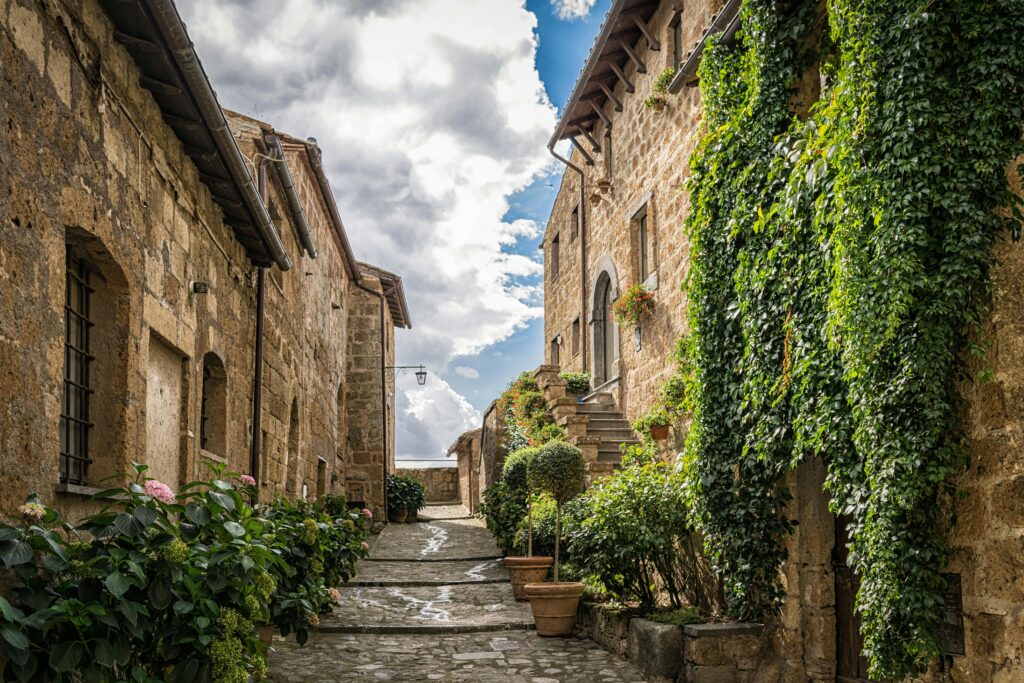
Potential Pitfalls During the Purchase Process
Italy’s charm can obscure some of the complications that come with buying property here — particularly for foreigners unfamiliar with local norms and regulations. One of the most critical risks involves unauthorized modifications or discrepancies between a property’s actual layout and what’s recorded in the official blueprints (held in the catasto and municipio).
A terrace added without permits or an attic converted into a bedroom may seem minor, but these irregularities mean the property is not legally compliant — and in most cases, cannot be legally sold until corrected.
This is why a technical inspection by a qualified surveyor (geometra, architect or engineer) is essential. A good geometra will visit the property, review its building history, and compare what’s on the ground with what’s on file. They can flag issues that even a diligent notary may not catch.
Speaking of notaries, while the notaio plays a vital role in due diligence — ensuring that the title is clear, verifying seller identity, and registering the sale — they do not inspect the property and will not assess whether its current condition matches municipal records. Furthermore, notaries are impartial public officials. They’re not your advocate.
Many international buyers mistakenly assume their real estate agent can guide them through the legal process. While a good agent is valuable for finding properties and coordinating logistics, they are often not trained to identify legal or technical risks.
It is critical to have all documents reviewed by an expert who understands Italian real estate law and can advise you on your specific situation — ideally, an independent lawyer or a trusted property advisor familiar with the local territory.
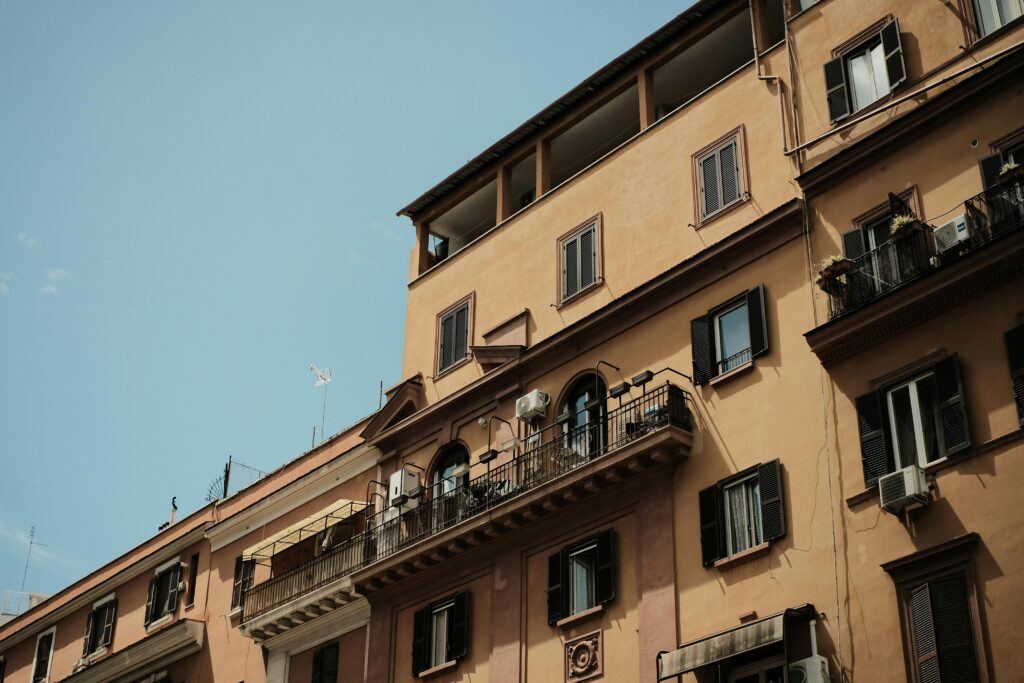
Conclusion
Retiring in Italy isn’t just a dream—it’s a practical and rewarding choice for those seeking a rich, relaxed lifestyle paired with financial advantages. Whether you’re searching for the perfect village home or exploring how to retire in Italy as an American, the journey begins with solid research and the right team to guide you. While the property purchase process can involve unique challenges, with the right guidance and due diligence, buying a home in Italy can be a smooth and fulfilling experience.

